What to Do When Your Dog Goes Blind

What do you do when your dog goes blind? How do you make sure a blind dog is safe and happy?
A couple of years ago, I got the chance to find out. I watched as the tears streamed down my wife’s face. She pleaded with the vet for some hope of recovery, but there was none. The vet just hung her head.
“I’m sorry,” she kept saying.
A failed cataract surgery left our dog, Bridget, completely blind in one eye and only able to see light and shadow with the other. Bridget sat on my wife’s lap looking disoriented and a little scared. I would have done anything to change the outcome for both of them, but I was powerless.
Back at home, we knew we had to come up with a plan. We had to find ways to help Bridget adjust to her new circumstances, and we had to make it up as we went. It turned out to be a long hard road, especially for Bridget.
Don’t worry, though. There’s good news, too. With love and support, blind dogs can have a full, happy, healthy life. And caring for them can enrich your life in the bargain.
What follows is a list of suggestions that I hope will be helpful to others who need to care for a blind dog.
Safety First
Consider the size of your dog and what obstacles might pose a danger to her (or him). Look through every room for trip hazards, protruding corners, and overhangs. Remove the dangers if possible, or pad them with something soft. Block stairs with a baby gate so they can’t fall down the stairs.
In the yard, get rid of any twigs or branches that have fallen on the ground. They can be a danger if not seen. Don’t leave toys or garden tools in the yard. Keep the lawn mowed for easier travel.
Establish verbal warning commands such as “STOP!”, “ sTAY!”, or “SIT!” that can be used to warn the dog when they are in danger from an obstacle. We use the word “CAREFUL!” for Bridget and she responds well to it, but in general, one-syllable words are best. While we’re talking about verbal warnings, it’s a really good idea to give your dog a verbal warning when you are about to touch them. That’s especially important when they are asleep.
When we want to pick Bridget up, we say”Easy does it”. She has become so used to this cue that she immediately stretches and then stands still, waiting.
Navigation
Establish base orientation areas like the dog bed or feeding dish as places where you can reorient your pet to the home layout if they become lost. Try not to change any furniture or rugs in the house until your dog has adjusted to their new situation, and then only if necessary. Allow time for the dog to familiarize themselves with the new arrangements after any change is made. The amount of time needed depends on the situation and the individual dog. It can be several days or even weeks. Be patient.
Some dog owners recommend using scents like essential oils to help the dog identify where they are in the house. I don’t think that’s a good idea. Remember dogs have very sensitive noses and they don’t like perfume scents. If you use scents that represent food you could be inviting insects and other pests into the area. Your dog will recognize the scents they’re accustomed to in the home. They really don’t need help with that.
If you have a large open yard, your dog may be comfortable running loose in an area where they feel safe. Bridget loves to explore the backyard with her nose to the ground. Just watch them so they don’t run into trees and fences.
You may want to get a good harness and lead to guide your dog through unfamiliar territory or terrain. I don’t recommend using a collar. If your dog stumbles, you can use the harness to keep them upright without choking them.
Love and Support
I don’t need to tell you how important this part is, if you are following Everyday Dog, you already know that. There are many dog owners out there who don’t know how to deal with a blind pet. That is why there are groups like the Blind Dog Rescue Alliance. Their motto is “Blind dogs see with their hearts”. That’s good advice for dog owners, too.
in the end, your dog just needs to know that they are safe and loved. Give back the kind of unconditional love they give to you, mix in a bit of common sense planning, and both of you will be OK.
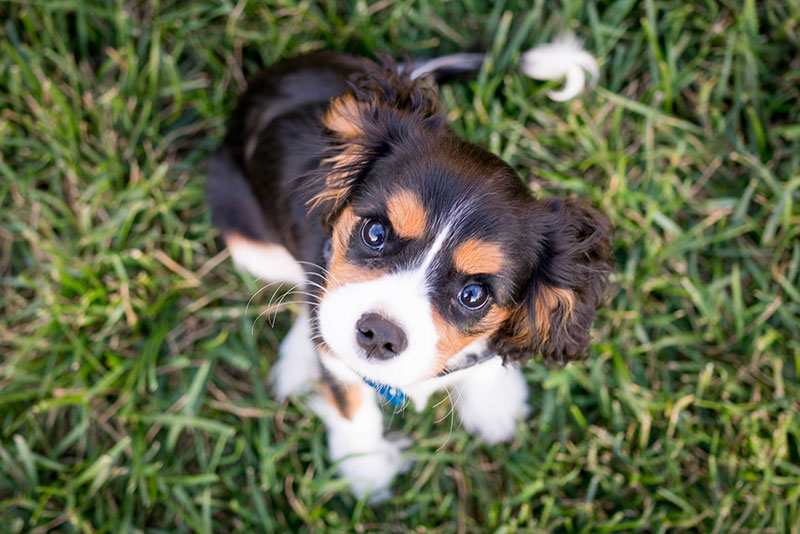
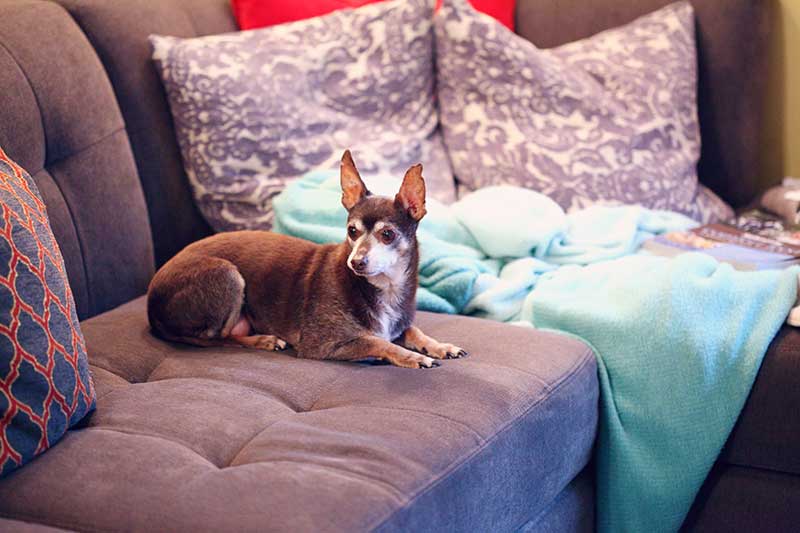

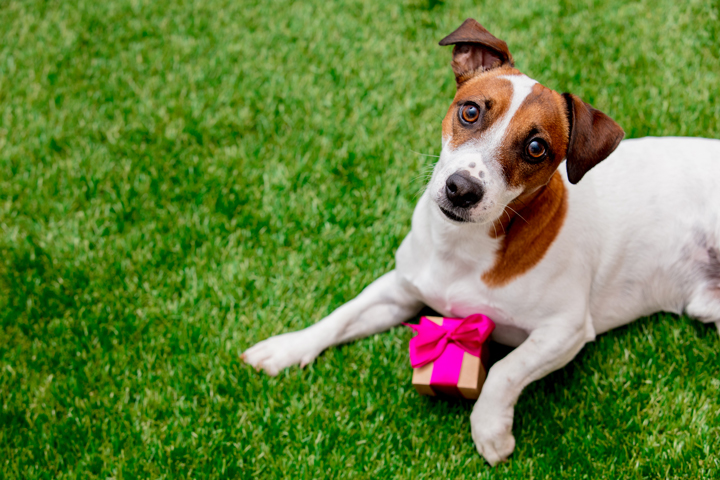
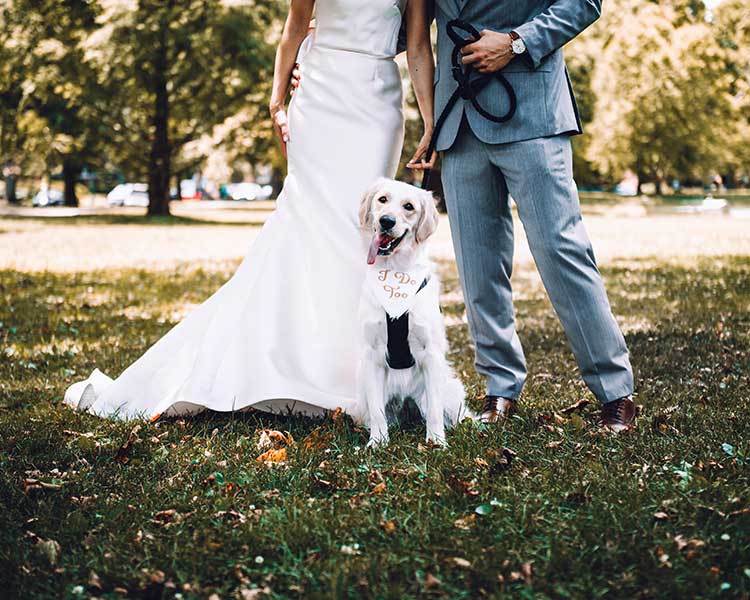
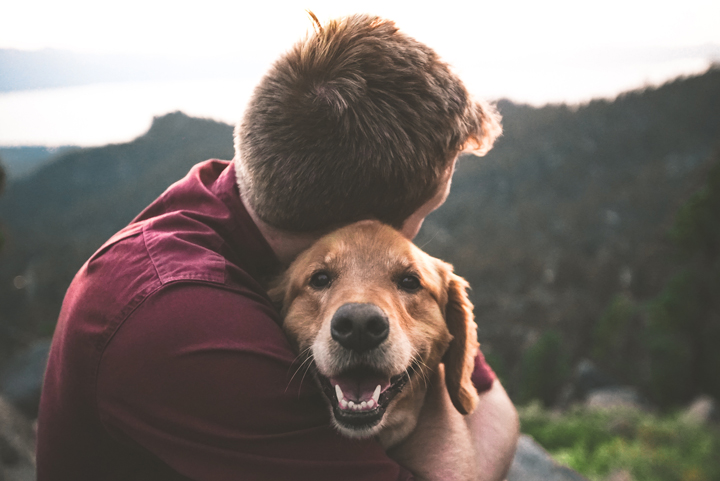
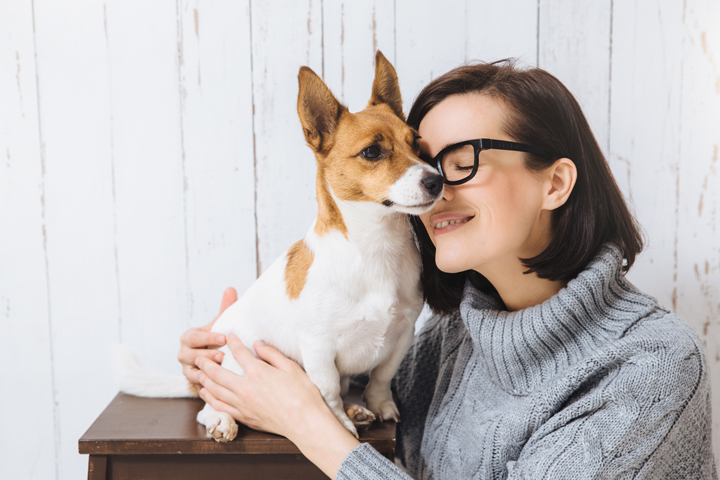
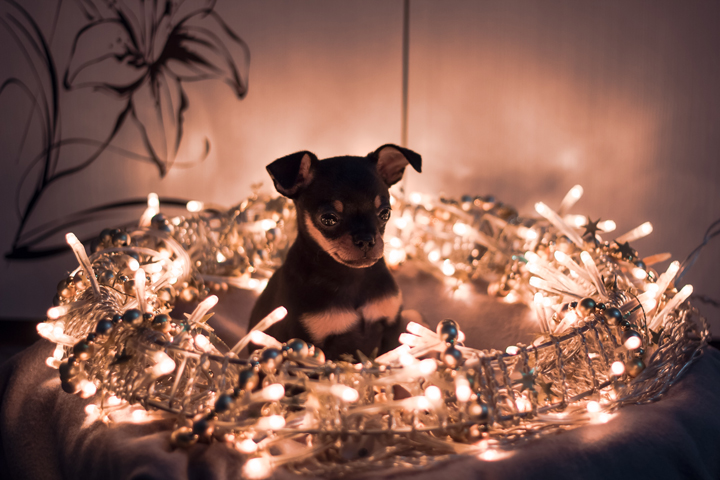
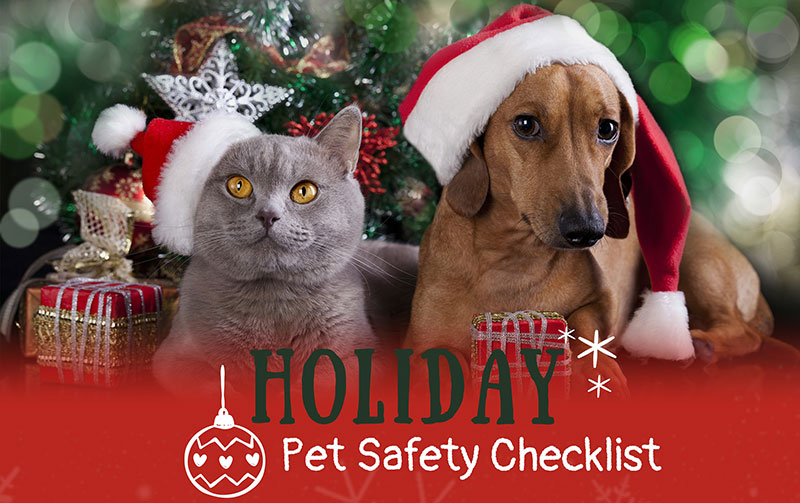
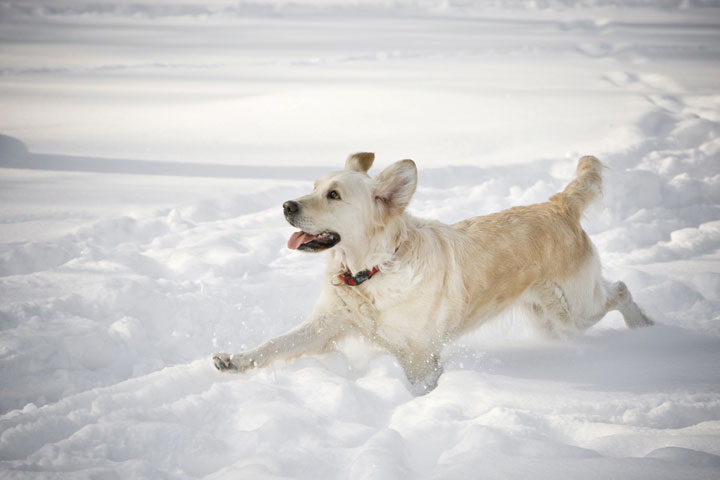
I agree with everything that has been said.
My Yorkie, Jasper, has been blind for six years. My vet says it bothers me more than him.
The only thing I have to add to all the good advice is Do Not “helicopter” the pet. It is going to run in to walls. Hurts your heart. But, you’re not always going to be home. They have to find their own way or you cripple them from coping.
Jasper does enjoy one indulgence: he has a fleece blanket that is his and his alone.